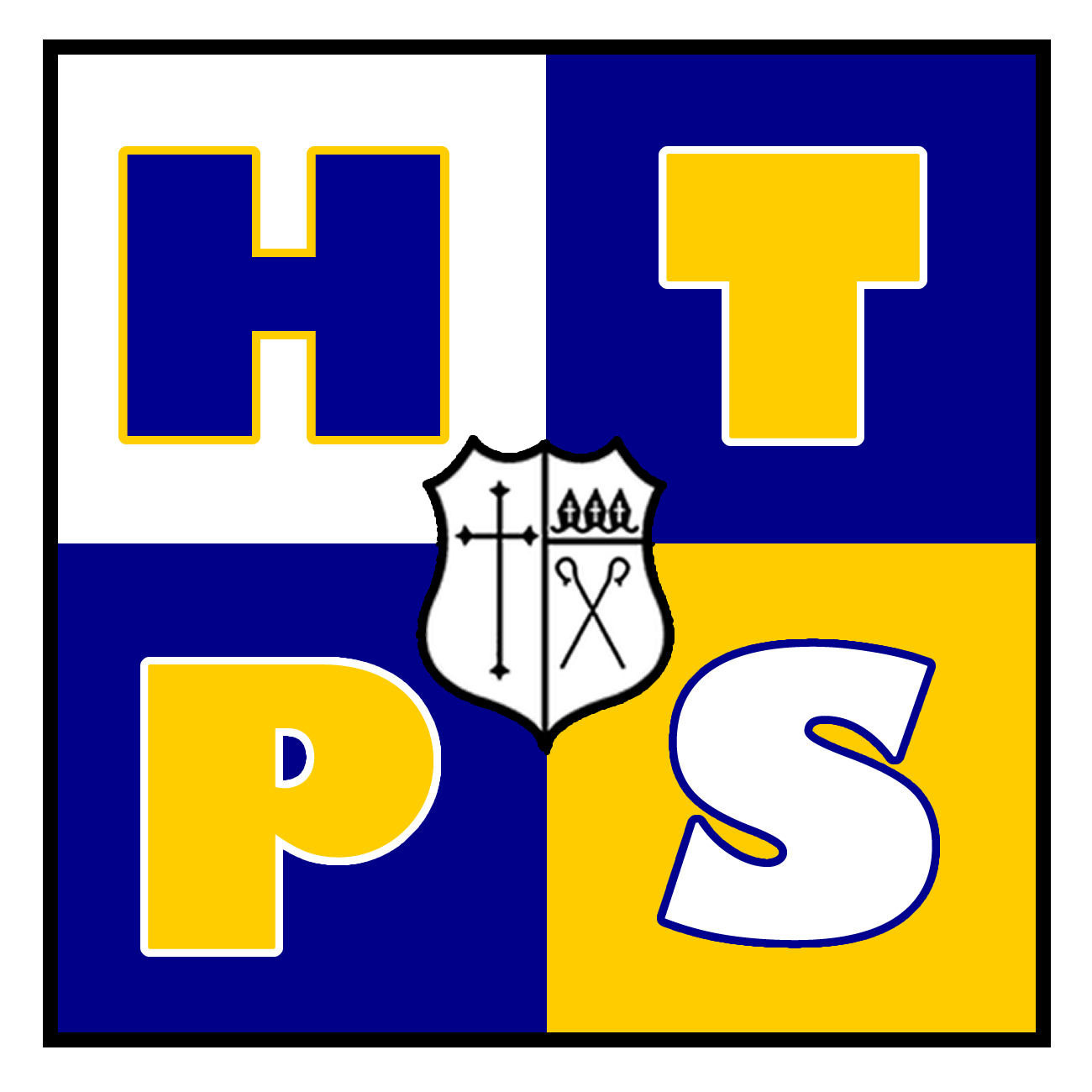Supporting Your Child
English
At Holy Trinity Primary School we share a determination that every child must read. Reading is at the heart of our curriculum and learning and has a high profile around the school.
Phonics
At Holy Trinity we follow the Pearson’s Phonics Bug scheme to teach our daily phonics lessons.
You can hear the correct sounds via our website here: Phonics Sounds (Coming Soon!)
Each class in EYFS and Year 1 at Holy Trinity teaches phonics as a discrete lesson every day for at least 20 minutes and will include phonics as part of teaching and learning throughout other curriculum lessons on a daily basis. The lessons follow the cycle of ‘Assess, Teach, Practise, Apply’ to ensure that children are consolidating phonic knowledge and skills over time and that they are able to apply them in context.
Here is a handy video that explains all you need to know about phonics produced by Pearsons Phonics Bug.
*Please note we are not responsible for external content, and suggested videos & adverts on YouTube will reflect your browsing history and not our website.
Here are some of the websites that we use in school to help us to practise our phonics.
https://www.topmarks.co.uk/Search.aspx?q=phonics Directs you to lots of phonics games to explore on a variety of websites.
https://www.bbc.co.uk/bitesize/topics/zcqqtfr Short videos to introduce each Phase 2 and Phase 3 graphemes.
https://www.phonicsplay.co.uk/ A great phonics website full of lots of games that your child will be very familiar with from playing in school.
https://www.phonicsbloom.com/ A website full of phonics games across all phases for your child to explore.
https://www.teachyourmonstertoread.com/ A brilliant game to help your child to practise their phonics starting at Phase 2. There is also a link on the children's Tabecat page and it is available to download as an app for your phone or tablet.
Phonics presentation from EYFS
The Sound Sayer site is also useful to hear and see the sounds: www.ictgames.com/mobilePage/soundSayer/
Reading
The first book that your child will bring home from school will usually be a picture book with no words. These books are used for generating story language and discussion about what is happening in the pictures. Discuss the story and pictures with your child and get them to ‘tell’ you the story as you move through the book.
Once your child has started learning graphemes (letter sounds) and knows the first few they will begin to bring home decodable ‘Phonics Books’. These books will be accurately aligned with your child’s phonics knowledge and will only include taught graphemes and ‘tricky words’ (words which aren’t fully decodable at the stage at which they are taught). They will also bring home a colour band book which we encourage to be read together to discuss the text.
Children are also provided with log in details for Bug Club online reading resource. Here children can practise phonics through appealing games and activities. They also have access to a wide range of additional books, arranged by difficulty using the coloured book band system that teachers allocate based on a child’s current stage of learning.
When children move beyond Phase 5 phonics and a predominantly phonics approach to reading, then children are taught a broader range of reading skills to develop their understanding of the texts they read. Books are grouped by the coloured book band system and children are directed towards the appropriate band for their reading level.
In Key Stage 2 children have access to Myon and Accelerated reader. The Accelerated Reader approach moves away from the traditional reading scheme to include real books by a range of popular, modern and classic authors and poets. There are also non-fiction texts, graphic novels and play scripts to name a few additional text types. The system determines the level of readability for this vast range of texts. After assessment, children are allocated a numerical range from which they can choose books.
We ask that any reading that is completed at home in any way, bug club, reading book, home book etc. is written in their communication book (EYFS and KS1) and on their reading grid (KS2). We love to know what the children have been reading at home and gives us a chance to discuss their home reading with them in school. We would love you to read every day but we would expect children to be reading at least 4 times a week. Reading at home really does make a massive difference to a child’s reading progress!
We would love to hear your child read every day but with a class of 30 children if we heard every child read for 10 minutes a day we would simply not have enough time to do anything else! Your child will be heard at least once a week by an adult in school and they will change their books once a week.
Along with individual reading, reading takes place across the school in lots of different ways, shared reading, whole class reading and group guided reading are also carried out on a regular basis. Teachers will also share stories and read to their class on a regular basis.
Recommended Books from...
World Book Day - www.worldbookday.com/reading-recommendations/
Books For Topics - www.booksfortopics.com
Peters Books - https://peters.co.uk/100-books-for-every-year-group-primary
Maths
Maths Awards
Each of the seven maths award booklets can be viewed/downloaded here:
Early Years - Red - Orange - Yellow - Green - Blue - Indigo - Violet
Children should practice the Maths from the appropriate booklet and then ask their class teacher to test them when they feel ready.
Signposting
Attached below are a number of resources which you may find useful for your child out of school hours.
